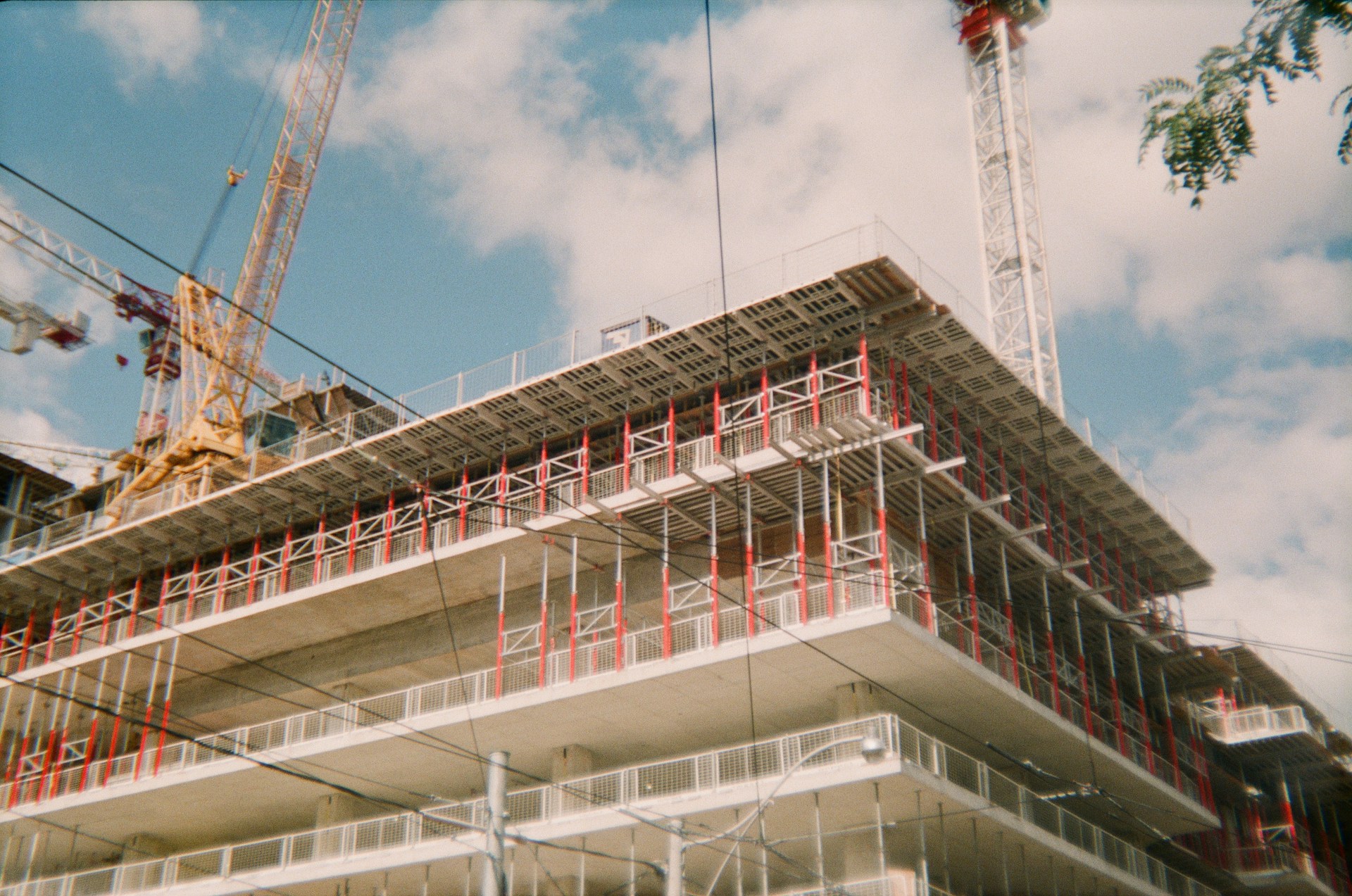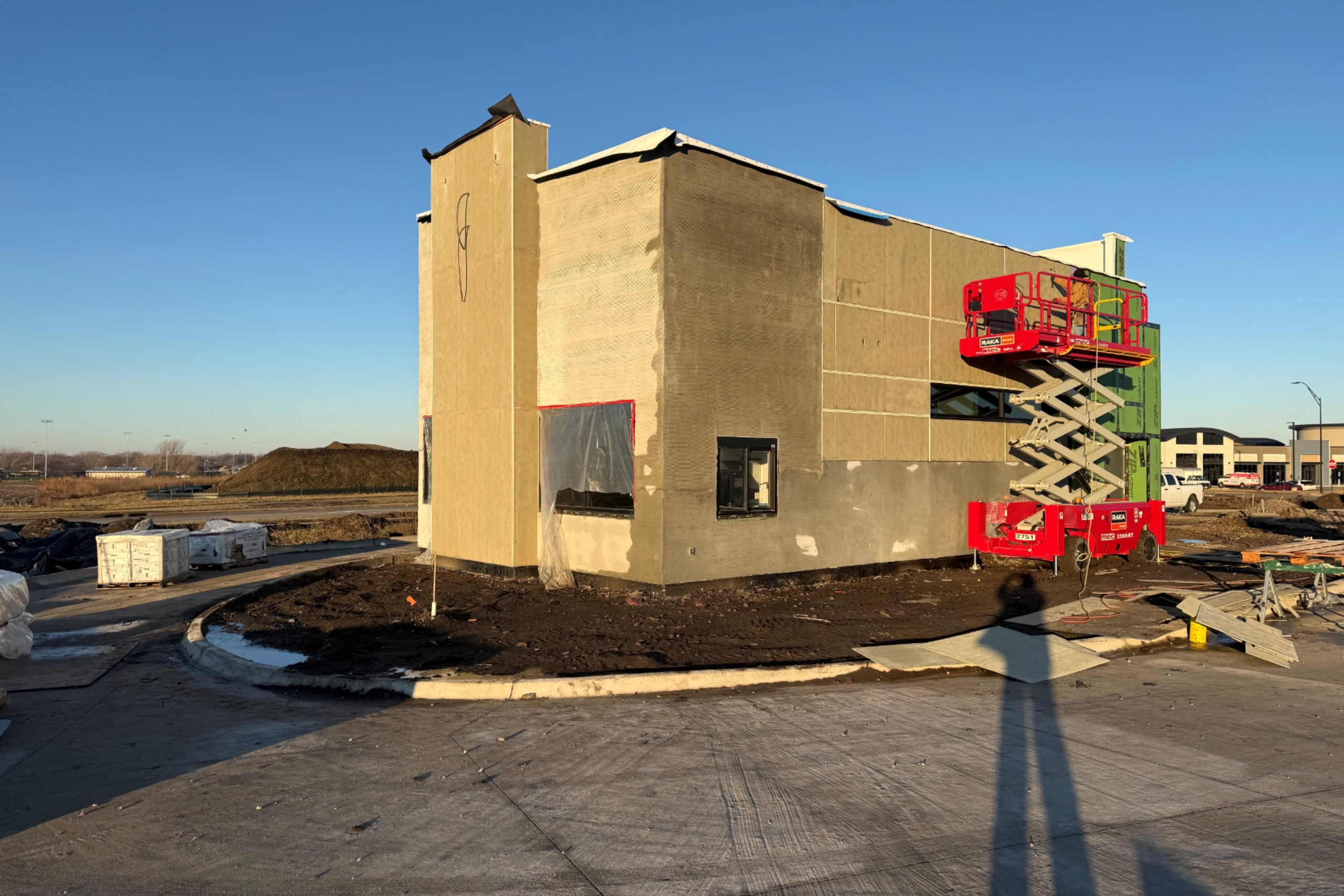Preconstruction planning plays a crucial role in any building project. It’s the stage where the groundwork is laid for everything that follows, ensuring a smooth and successful journey from blueprint to build. For developers, understanding the steps involved in preconstruction planning can make a world of difference in the project’s outcome. This is particularly true in places like Omaha, where specific local factors come into play.
In Omaha, developers face a unique set of challenges and opportunities. Tailored preconstruction planning can provide a roadmap that navigates local regulations, weather conditions, and community expectations. By taking the time to plan effectively, developers can address potential hurdles before they become actual roadblocks, ultimately leading to a more efficient and rewarding construction experience.
Understanding Preconstruction Planning
Preconstruction planning is essentially the launching pad for any construction project. It’s the phase where the vision for the project is translated into a clear and actionable plan. By laying the foundation early on, developers can save time, reduce costs, and mitigate risks.
The purpose of preconstruction planning is to ensure that all aspects of the project are considered before breaking ground. This includes everything from identifying suitable sites and conducting feasibility studies to estimating costs and developing schedules. The goal is to create a comprehensive plan that guides the project from start to finish, minimizing surprises along the way.
Some of the key objectives of effective preconstruction planning include:
– Achieving a realistic budget: Establishing accurate cost estimates helps keep the project on track financially and avoids unexpected expenses.
– Creating a feasible timeline: Developing a detailed schedule ensures that each phase of the project is completed on time.
– Managing risks: Identifying potential challenges and developing strategies to address them protects the project from delays and setbacks.
In Omaha, effective preconstruction planning is particularly important due to local conditions and requirements. By taking the time to plan thoroughly, developers can align their projects with Omaha’s unique characteristics, avoid common pitfalls, and set the stage for success.
Key Steps in Preconstruction Planning
Preconstruction planning involves several key steps that lay the foundation for a successful project. Each step plays a vital role in ensuring that the project progresses smoothly and efficiently.
1. Site Analysis and Feasibility Studies: Before any construction begins, it’s crucial to assess the site. Understanding the site conditions, zoning requirements, and environmental constraints helps determine the project’s feasibility. A thorough site analysis minimizes unexpected issues later on.
2. Budgeting and Cost Estimation: Establishing a realistic budget early in the process is essential. This involves detailed cost estimates that cover all aspects of the project. Accurate budgeting keeps the project financially viable and eliminates unpleasant financial surprises.
3. Scheduling and Timeline Development: A well-planned schedule outlines the timing for each phase of construction. It ensures that everyone involved knows what needs to happen and when. The development of a robust timeline helps avoid delays and keeps the project moving steadily.
4. Design Development and Approvals: During this phase, the project’s design is refined. Developers work closely with architects and engineers to finalize the design. Obtaining necessary approvals from local authorities at this stage is critical to keeping the project compliant and on track.
5. Risk Management and Mitigation Plans: Identifying potential risks early allows developers to create effective strategies to address them. This proactive approach minimizes the impact of unexpected challenges and helps avoid disruptions to the project.
Why Preconstruction Planning is Important in Omaha
Omaha presents unique challenges and opportunities in construction. The city’s specific regulatory environment, coupled with its weather patterns and local preferences, makes preconstruction planning particularly significant.
One example can highlight this necessity: Omaha’s winters can be harsh, affecting construction schedules and materials. Preconstruction planning accounts for these conditions by incorporating strategies to work around weather-related delays or choosing materials that withstand local climate challenges. Local regulations and community expectations are also key considerations that thorough planning addresses, ensuring projects proceed without legal or social pitfalls.
Tips for Successful Preconstruction Planning
Achieving success in preconstruction planning involves a few best practices that developers can follow:
– Choose the Right Team: Collaborating with experienced professionals is a game-changer. A strong team brings valuable expertise and ensures that each aspect of the planning process is covered.
– Maintain Regular Communication: Keeping open lines of communication among all involved parties prevents misunderstandings and keeps everyone on the same page. Regular updates promote transparency and trust.
– Emphasize Flexibility and Adaptability: While planning provides a strong framework, flexibility is key. Being adaptable to changes or unexpected situations as they arise helps keep the project on track.
Ready to Plan Your Project?
As we’ve explored, preconstruction planning is more than just a preliminary step—it is the backbone of a successful building project. In Omaha, where unique challenges abound, thoughtful planning addresses these issues head-on. By integrating all these elements carefully, developers can enhance project efficiency, reduce risks, and achieve the desired outcome.
Taking the time to meticulously plan out the project ensures it aligns seamlessly with local conditions, securing the path toward success. Whether dealing with site challenges or navigating local regulations, preconstruction planning offers a roadmap to guide developers to deliver projects that meet expectations and stand the test of time.
For developers looking to streamline their building projects in Omaha, effective planning can make all the difference. If you’re ready to take control of your project and tackle local challenges with confidence, consider exploring preconstruction planning in Omaha with PC Construction. Get in touch today through our contact page and let us help navigate your project toward success.




